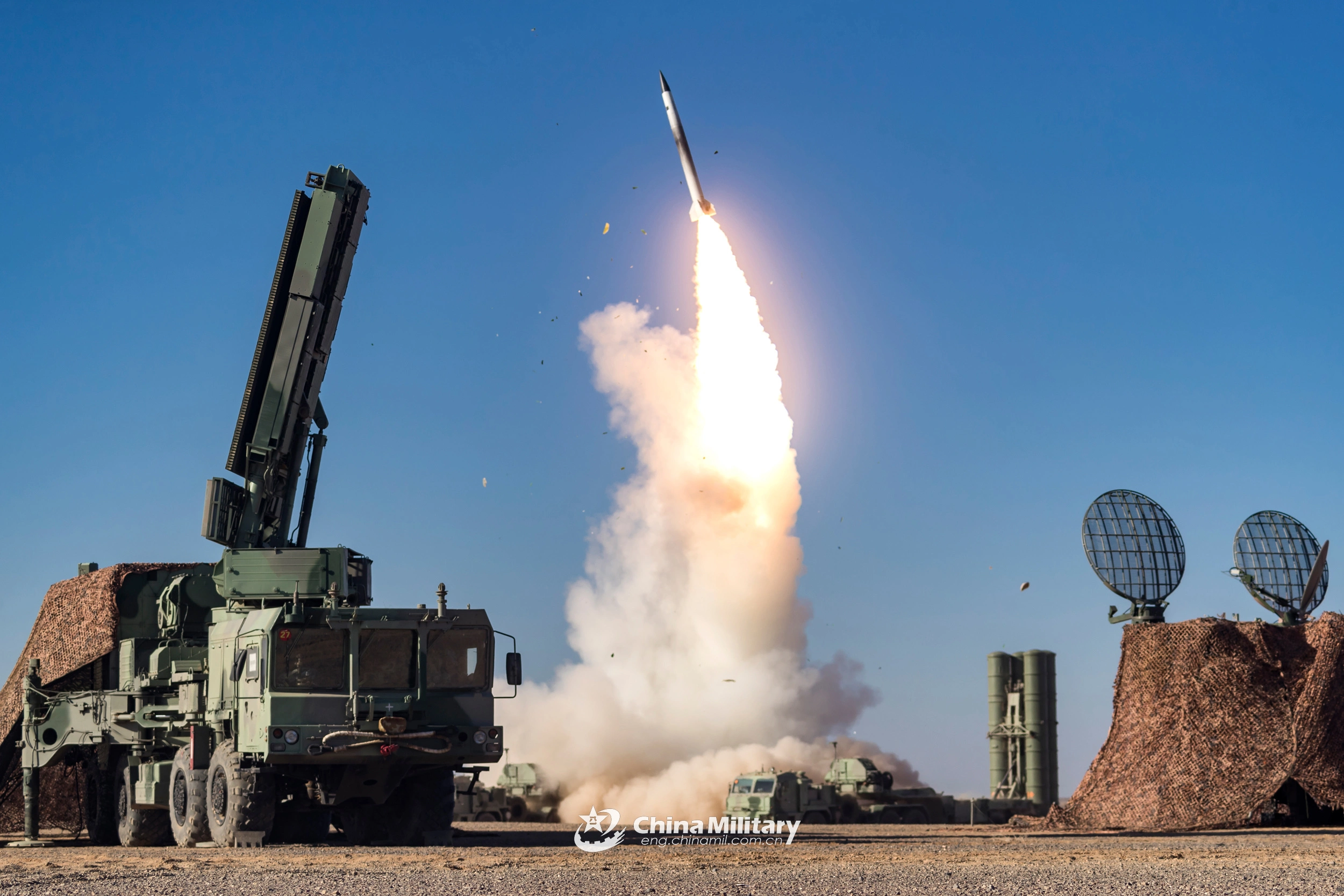Kosovo and Serbia’s recent clash near Banjska has reignited worries about a bigger conflict. The skirmish left a Kosovan police officer and three armed Serbs dead.
Both nations blame each other for starting the violence. Serbian President Aleksandar Vucic says the Kosovo government’s actions have angered ethnic Serbs.
Kosovo’s Prime Minister, Albin Kurti, counters by saying Serbia is backing armed groups in Kosovo.
Some were pulled back after the U.S. noticed Serbia amassing troops at the Kosovo border. This conflict is more than a border skirmish.
Vucic may be using it to shift focus away from Serbia’s internal issues like public dissatisfaction and election demands.
Also, his grip over northern Kosovo is slipping, making the European Union question his role in stabilizing the area.
On another front, Serbia is buying weapons from China, not just Western countries.

A dozen Chinese Air Force Y-20 transport planes delivered the HQ-22 surface-to-air system to Europe.
Experts believe this was the largest airlift delivery of Chinese arms to Europe ever.
This shift has made EU leaders uneasy, as it signals Serbia might be moving away from Europe.
China’s big investments in Serbia also tie into its global Belt and Road Initiative.
Serbia’s new arms are not just for show; they’re part of a plan to maintain balanced ties with the EU, U.S., Russia, and China.
This strategy is causing NATO countries to think twice about selling weapons to Serbia due to the edge they might give over Kosovo.
So, while there was no full-scale war, this incident shows deep issues and shifting alliances that could greatly affect peace efforts in the Balkans.
Background
This conflict between Kosovo and Serbia is rooted in a long history of ethnic and territorial disputes.
Kosovo declared independence from Serbia in 2008, but Serbia still doesn’t recognize it as a separate nation.
The international community remains divided on the issue, making diplomatic solutions hard to find.
Previous peace talks facilitated by the EU have failed to produce lasting solutions. That’s why the current flare-up is alarming; it could undo years of fragile peace.
For Kosovo, aligning with Western powers like the U.S. provides security, while Serbia looks toward Russia and China for backing.
China’s role is particularly noteworthy. Its investment in Serbia may offer economic benefits, but it also comes with geopolitical strings attached.
As Serbia drifts toward non-Western allies, the potential for a renewed conflict that pulls in various global powers increases, making the Balkan region a flashpoint once again.

